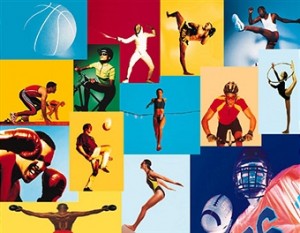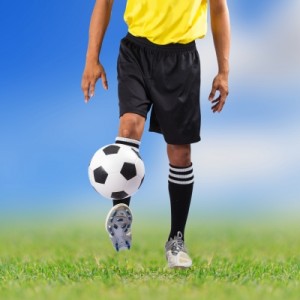Depression is one of the most common mental illnesses in the United States today, affecting more than 15 million people. On average, people start experiencing depression at 32 years old, however 3.3% of teenagers between 13-18 have depressive disorders as well. Depression is greatly influenced by biological, genetic, environmental, nutritional, and/or psychological factors. Impaired functioning between neurotransmitters in different regions of the brain that are responsible for regulating mood may result in onset of depression. Neurofeedback is a great supplemental method to help retrain the brain to function most efficiently. Neurofeedback specialists pinpoint exactly where the brain is having trouble functioning, and teaches the brain to self-correct, reducing or eliminating the symptoms of depression over time.
Neurofeedback has proven to be an effective and durable treatment to improve brain function without the use of medications. The process of retraining your brain is painless, noninvasive, and can treat a variety of issues including learning disabilities, behavioral issues, accident-related injuries, medical problems, psychological disorders, performance disability, and physical manifestations.
For the majority of neurotherapy patients, completion of treatment means maintaining improvements durably and indefinitely. There are some situations where a few follow up neurofeedback sessions can be highly effective. We refer to these sessions as boosters, and they can be utilized for the following cases and goals.
A comment to a previous blog post got me thinking: it is very reasonable to wonder if neurofeedback can be helpful with performance enhancement. Here at Advanced Neurotherapy, we have helped athletes, composers, choreographers, and business people enhance their performance. There is indeed research on the application of neurofeedback in performance enhancement. Look below for a sample of that research. Please note that the Leveque study demonstrated the improvement of the functioning of neurological systems that support selective attention and inhibition (stopping impulses) in children with ADHD. It is reasonable to extrapolate from this study that the functioning of these structures is also enhanced in high functioning individuals whose goal is performance enhancement. Improved attention impulse control supports this goal.
Optimal brain function should be a main concern to all aspiring athletes. The better a person's brain functions, the better the person functions overall! Neurofeedback assists in improving brain function, which in turn improves an athletes ability to perform at their best. Many professional athletes utilize neurofeedback to enhance their sports performance, including members of the US Olympic Ski Team, Olympic beach-volleyball player Kerri Walsh-Jennings, and members of the Italian soccer team. In fact, when Italy won the World Cup for soccer in 2006, members of their team described neurofeedback to be their secret weapon in performance ability and success. How exactly does neurofeedback affect a person's ability to play sports?
A sports concussion is a traumatic brain injury caused by impact to the head while participating in sports, particularly contact sports. If left untreated, concussions can result in long-term negative affects on brain function and can even result in fatality. This has become a growing problem for young athletes. The American Academy of Pediatrics has reported that emergency room visits due to concussions for children between the ages of 8 and 13 has doubled in the last ten years.









